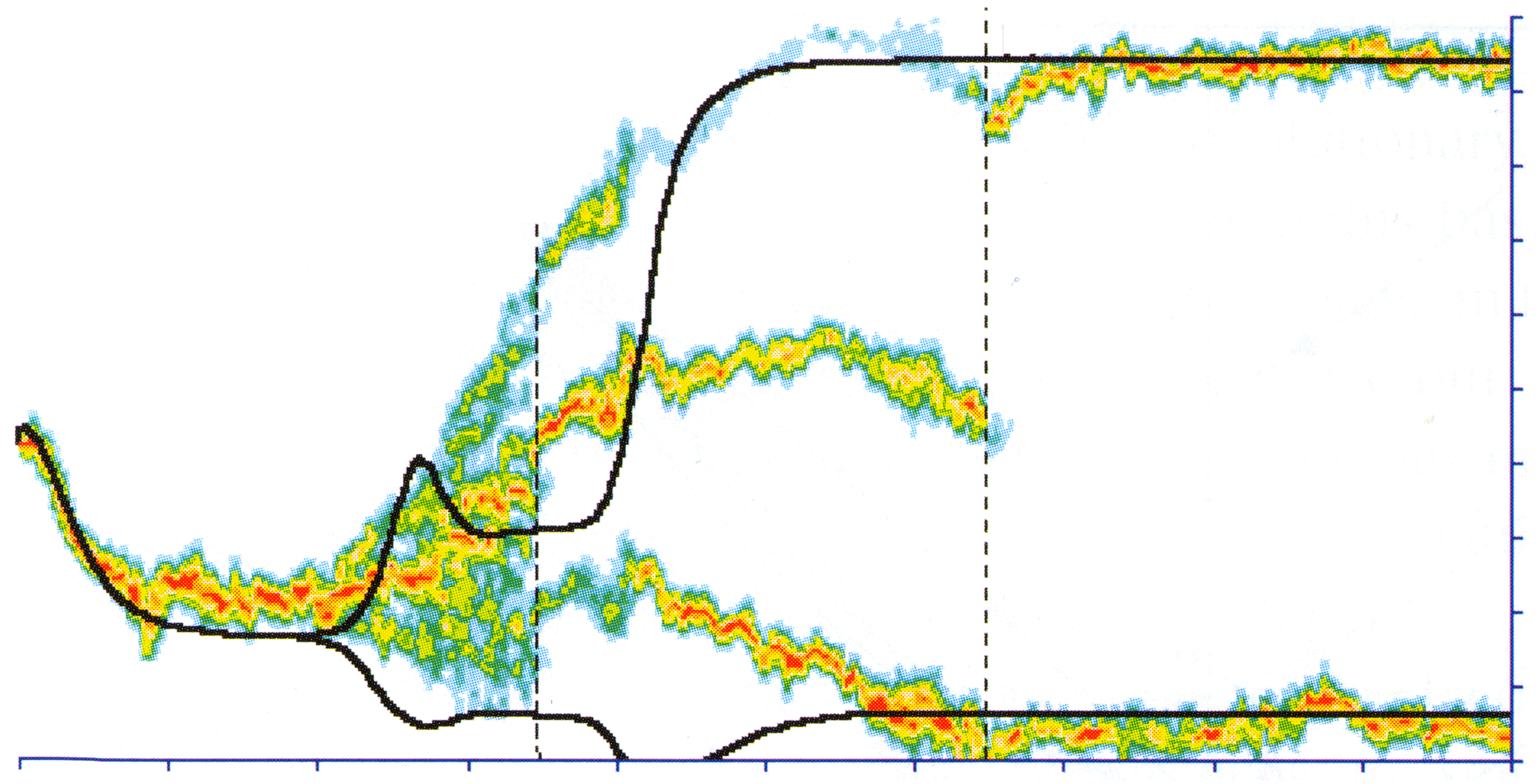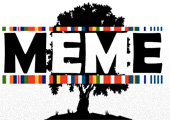
Modeling speciation
The course will provide an overview of modern evolutionary theory, with emphasis on natural and sexual selection. The central objective is to expose students to the most prominent modelling approaches (including population genetics, quantitative genetics, evolutionary game theory, life history theory, and adaptive dynamics) and to critically discuss the scope and limitations of these approaches. To this end, various modelling frameworks will be applied to the same research question. The students will acquire a sound knowledge of central concepts in evolutionary theory, including adaptive landscapes, frequency-dependent selection, evolutionary stable strategies, evolutionary branching, reproductive value, inclusive fitness, epigenetics, and cultural evolution. Topics covered include social evolution, life history evolution, the evolution of mating systems, sexual selection and sexual conflict, optimal sex allocation, speciation, co-evolution and animal personalities.
Each course day is devoted to a specific topic. The lectures are highly interactive and followed by practicals where the students get hands-on experience with the models and techniques covered. The scope and the limitations of the various techniques will be discussed as well as the question which approach to choose under which circumstances. Throughout, the techniques will be applied to a broad spectrum of research questions from various research areas.

EvoTheo course 2012
The course includes a series of “extensive exercises” (sometimes covering a whole course week), each focused on a concrete empirical system, where students read relevant articles on this system; subsequently translate the argumentation and data given into models of their choice; analyse these models; re-consider the findings in the literature on the basis of their model analysis; and write a brief report on their conclusions, which includes concrete suggestions for future research. In the final week, students write a research proposal (either for a Master’s thesis project or a PhD project) that fits into a research area chosen by the class of students. Research areas of the previous years include the topics experimental evolution; gene-culture co-evolution; evolutionary stability of mutualism; adaptive diversity; and evolutionary conservation biology.
